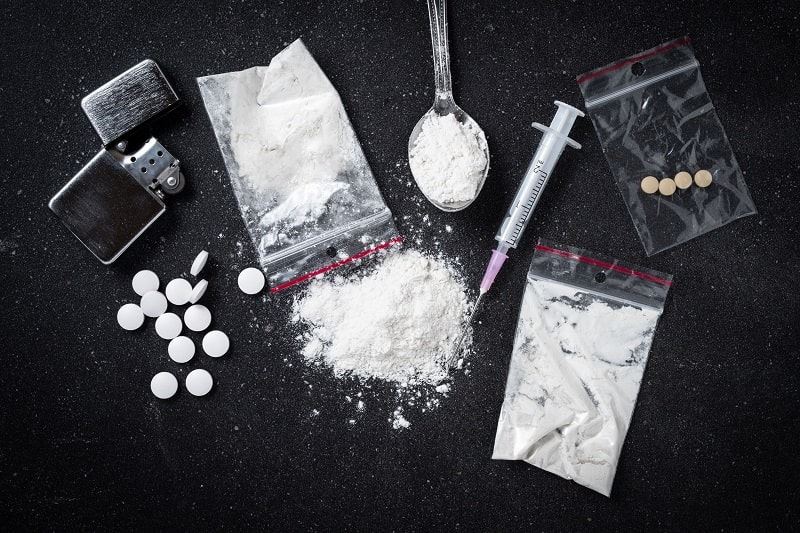In Tennessee, possession of drug paraphernalia is a separate criminal charge usually associated with a charge of drug possession, production, intent to sell, etc. Per Section 39-17-425 of the Tennessee Code, personal possession of drug paraphernalia is a Class A misdemeanor, the penalty for conviction of which is a jail sentence of up to 11 months and 29 days and/or a fine of up to $2,500. If, however, the conviction is for possession with the intent to sell or deliver illegal drugs, this is a Class E felony, the penalty for which is a prison sentence of up to two years and/or a fine of up to $50,000.
As FindLaw explains, what constitutes drug paraphernalia depends on the context in which the object is used. For instance, a perfectly innocent and ordinary spoon can be drug paraphernalia if someone uses it to produce drugs. Likewise, a pipe in which one person smokes tobacco can be drug paraphernalia in the hands of someone who uses it to smoke an illegal drug.
Drug paraphernalia factors
Law enforcement officers, prosecutors, and courts take many factors into consideration when determining whether or not a particular object is a piece of drug paraphernalia, including the following:
- Was any residue of an illegal substance found on the object?
- Did the object come with any advertising or instructions pertaining to its use for making or ingesting illegal substances?
- How widely is the object used in the community for legal purposes?
- Did an expert witness testify as to the object's usage?
- Did the defendant receive any prior convictions for violating a drug-related law?
Common drug paraphernalia items
While it would be impossible to construct a comprehensive list of all the objects that a person could use to make, distribute or ingest illegal drugs, the following objects are most commonly found to be drug paraphernalia:
- Pipes
- Roach clips
- Scales and/or balances
- Plastic bags and/or balloons
- Materials or chemicals associated with or found in illegal drugs
People should be aware of the fact that they can receive a drug paraphernalia conviction even if the judge and/or jury acquits them of possessing or selling illegal drugs.
